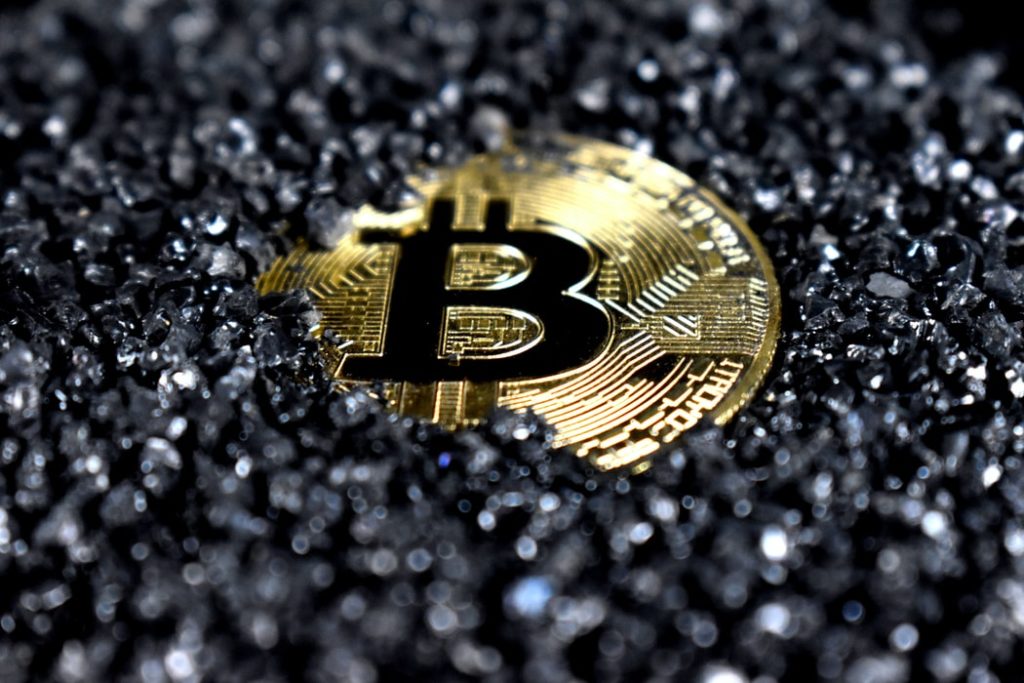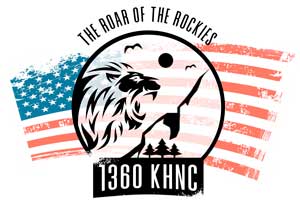
In today’s time where cryptocurrency and digital currency are making a huge leap in the finance world, it is no surprise Israel is testing a digital version of the shekel. The Bank of Israel has for some time now been working on its Digital Currency. The development is in advanced stages and Deputy Governor Andrew Abir said the country has run a pilot test. Israel is not the first country to go digital. A few South American countries have already fully made the change to digital currency, some even recognizing Bitcoin as currency. Efforts to develop digital currencies are rolling out in over 60 countries currently exploring and developing their own. Monetary authorities from Sweden to China are working on their own digital currencies since the future is unsure for notes and coins. The European Central Bank has recently finished its public consultation for the use of digital Euros. Christine Largade, president of European Central Bank said if decisions are made to move forward with the currency, it will take four years to complete. Israel seems to be right on track with everyone else in the race to digital currency.
Why Digital Currency?
The declining use and availability of cash threatens to upend traditional payment methods. The Governments and central banks of Israel and the world are worried about the use of cryptocurrencies exposing citizens to higher fraud risk, due of the absence of protection from the government. The open availability of cryptocurrencies like Bitcoin have added pressures on central banks to create alternatives before unregulated payment forms take over. The Bank of Israel acknowledged that adopting a digital shekel would “innovate the country’s payment system and improve the economy.” The bank also acknowledged the digital shekel can provide security for both the citizens and the government. The concept of Israel issuing digital shekel has been in discussion since 2017.
Issuing a digital currency was plausible, but some high-profile officials had doubts about its successful implementation. According to Abir, his confidence in the digital Shekel is higher now than in the past. “I had previously estimated that the chance of having a Central Bank Digital Currency within five years is 20 percent. My estimate has increased a bit in the last year, mainly because other countries are advancing with it too. But still, there is less than a 50 percent chance.” When responding to the question of Digital currency being used to offer protection against Bitcoin, Abir stated that any Central Bank introducing a digital currency has nothing to do with Bitcoin. “Bitcoin is not a payment system, and it is not a currency. In the best situation, it is a financial asset, and in the worst case, it is a pyramid scam.” The Bank of Israel deputy governor stated the payment system in the country has always been a decade behind other countries, accommodating contactless payment and digital wallets will pretty much solve that.
How is Israel going Digital?
Digital Currency relies on distributed ledger technology such as blockchain. Israel has preferred Ethereum over Ripple’s private XRP ledger while testing its digital shekel. Ripple’s Private Ledger is specifically designed to issue highly secured reliable currencies and has already issued 5,400 currencies over the past 8 years. Ethereum was Israel’s tech of choice, but Ripple remains active in helping central banks all over the world. Ethereum was the first blockchain to host fully functioning computer programs known as smart contracts that allow users to create new cryptocurrencies.
Ripple maintains the CBDC Private Ledger can handle “tens of thousands of transactions per second” and is “61,000 times more efficient than public blockchains that leverage proof-of-work.” It is unclear why The Bank of Israel chose to use Ethereum, although the use of smart contracts is likely a factor. What do central bank digital currencies mean for cryptocurrencies, such as Bitcoin? Should more countries follow the lead of some parts of South America and recognize digital cryptocurrency, such as bitcoin, as a valid currency? What does this fast-growing digital world mean for actual cash and tangible money?
Written by: Erinn Malloy

